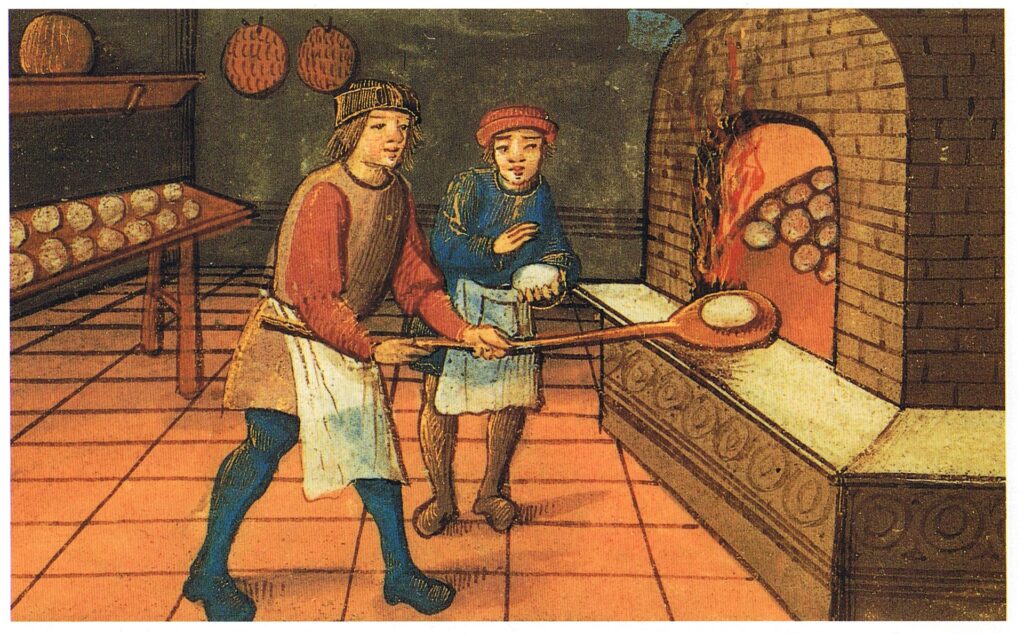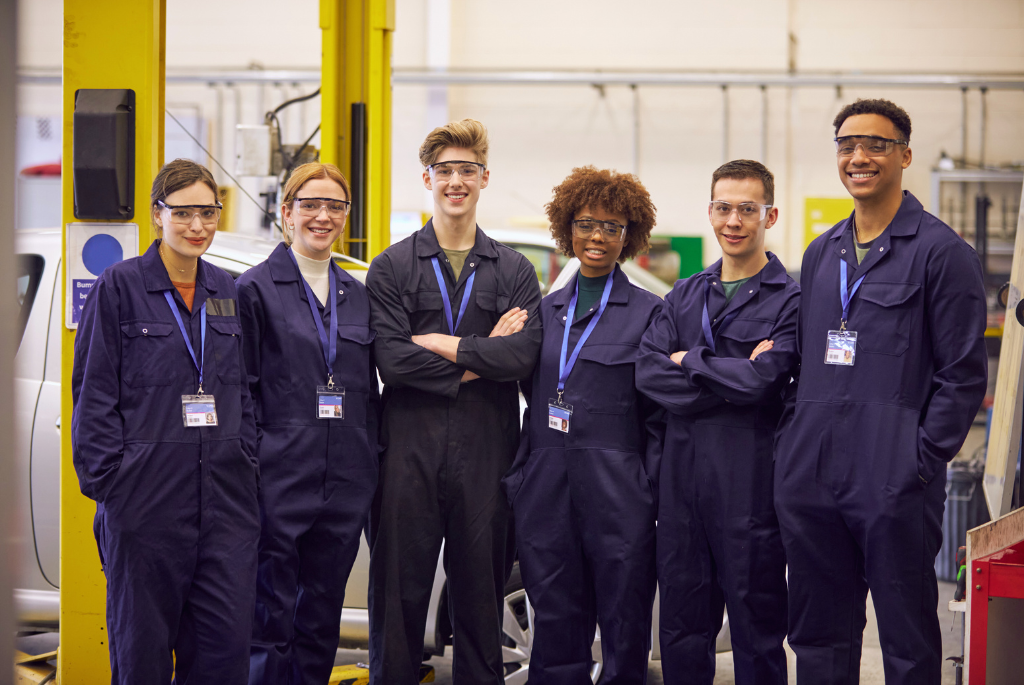The Origins of Apprenticeships
With the Industrial Revolution came significant changes to apprenticeships. As industries expanded, apprenticeships moved beyond traditional trades such as blacksmithing and carpentry to include manufacturing and engineering roles. However, working conditions were often harsh, and some employers exploited young apprentices for cheap labour rather than investing in their training.

Apprenticeships date back to the Middle Ages, when they were first introduced as a formal way to train young people in skilled trades. During the 12th and 13th centuries, master craftsmen took on apprentices, often young boys, who would work under their supervision for several years in return for training, food, and lodging. These apprenticeships were regulated by guilds and trade associations, ensuring a high standard of craftsmanship.
By the 16th century, apprenticeships had become more structured, with formal contracts outlining the terms of training. The 1563 Statute of Artificers made it mandatory for anyone entering a trade to complete an apprenticeship, which could last between seven and ten years. Although this system provided valuable skills, it was rigid and often limited opportunities to those from wealthier backgrounds who could afford to be unpaid for such long periods.
Apprenticeships in the Industrial Revolution and Beyond
By the 20th century, government intervention helped to improve the structure and oversight of apprenticeships. The introduction of the 1964 Industrial Training Act sought to ensure fairer wages and better working conditions. However, by the late 20th century, the rise of academic qualifications and the decline of heavy industry saw apprenticeship numbers fall dramatically.

Modern Apprenticeships: A New Era
The modern apprenticeship system, reintroduced in the 1990s and continuously reformed since, offers a dynamic and flexible approach to skills training. Today, apprenticeships are available in a wide range of industries, from digital technology and finance to Childcare, Housing, and Business Services. They cater to various levels, from intermediate (Level 2) to degree-level apprenticeships (Level 6 and 7), allowing learners to earn while they learn and gain industry-recognised qualifications.
A Bright Future for Apprenticeships
The perception of apprenticeships has shifted significantly in recent years. No longer seen as a secondary option to university, they are now a respected and viable route to professional success. With increasing government support, industry collaboration, and expanding opportunities across sectors, apprenticeships are set to play a crucial role in shaping the UK’s workforce for years to come.
Whether you’re a school leaver considering your next steps or someone looking to change careers, an apprenticeship could be your gateway to a rewarding future. With the chance to gain experience, earn a salary, and achieve qualifications, there has never been a better time to explore this exciting opportunity.